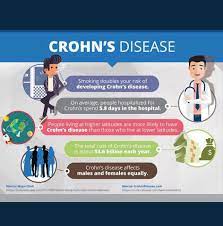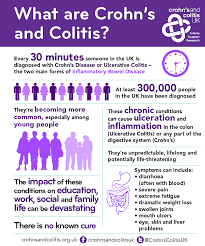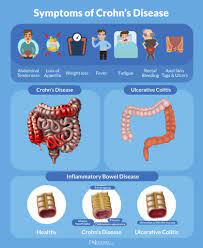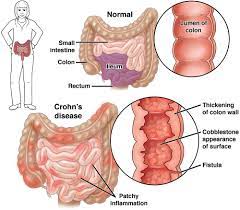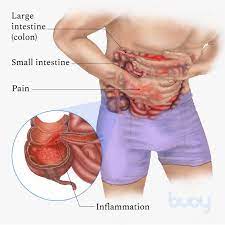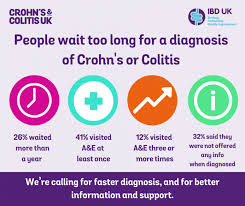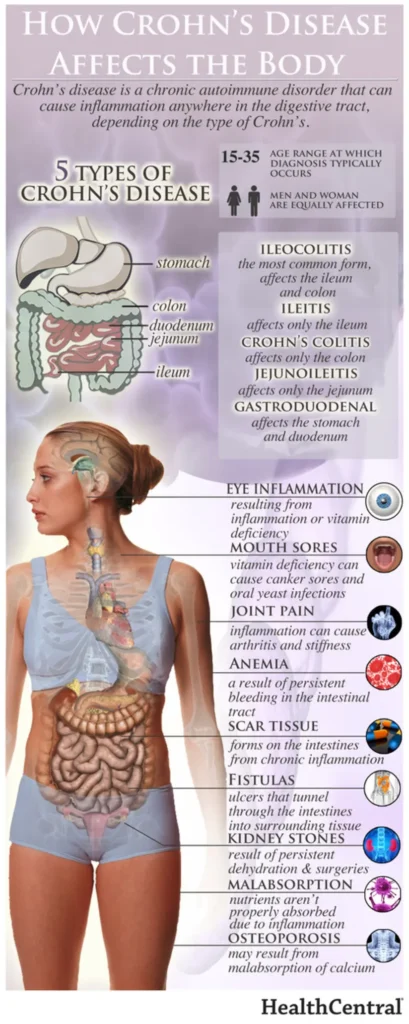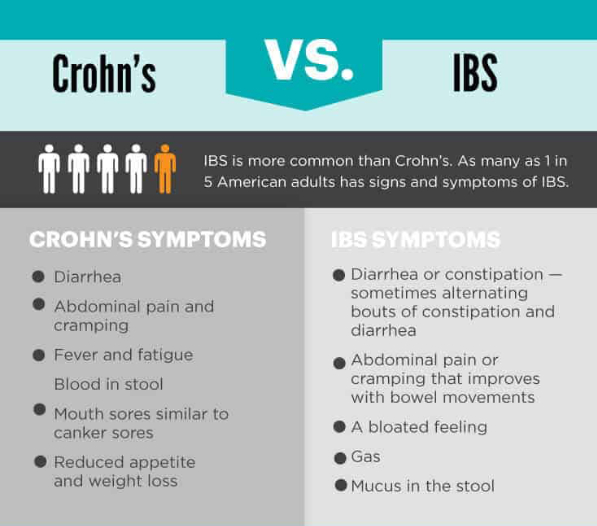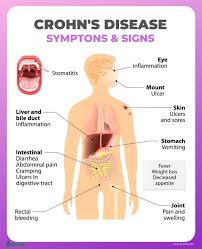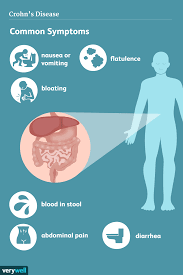Scientists identify a unique combination of bacterial strains that could treat antibiotic-resistant gut infections

Researchers have isolated 18 bacterial strains from stool from healthy people that could potentially be a more effective treatment for antibiotic-resistant gut infections. The team found that these strains suppress the growth of Enterobacteriaceae and alleviate inflammation in the guts of mice by competing with the harmful bacteria for carbohydrates and preventing them from colonizing the intestine. The findings could lead to the development of a microbial transplant for patients that manages antibiotic-resistant bacteria in a more targeted way and with fewer side effects than current treatments.



